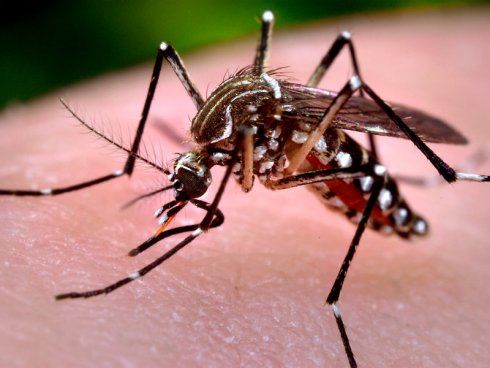The tally of dengue cases has now soared to 11,587 this year, with an additional 232 patients reported in the last 24 hours alone, as disclosed by the Secretary of the Punjab Health Department, Ali Jan Khan, on Sunday. Among the newly identified cases, 139 were recorded in Lahore. The escalating numbers underscore the persistent threat posed by the dengue virus, a mosquito-borne disease that has witnessed a rapid global spread in recent years. As health authorities grapple with the escalating situation, it is crucial to raise public awareness about the symptoms and preventive measures associated with dengue.
Dengue, caused by the transmission of the dengue virus through female mosquitoes, particularly the Aedes aegypti species, has become a major health concern. The symptoms manifest during the febrile phase, characterized by a high fever of 40°C/104°F, along with accompanying indicators such as severe headache, pain behind the eyes, muscle and joint pains, nausea, vomiting, swollen glands, and a rash.
The relentless increase in dengue cases necessitates a concerted effort in public health campaigns, urging communities to adopt preventive measures to curb the spread of the virus. Regular initiatives and awareness programs can play a pivotal role in educating the public about the breeding grounds of mosquitoes and the significance of personal protective measures.
Health officials and government bodies must intensify efforts to control the mosquito population, especially in areas with reported cases. Implementing comprehensive mosquito control measures, including the use of insecticides and community clean-up campaigns to eliminate potential breeding sites, is paramount in curbing the dengue menace.
The rising dengue numbers underscore the importance of early detection and prompt medical intervention. People experiencing symptoms indicative of dengue should seek medical attention promptly, as early diagnosis and proper medical care significantly contribute to positive outcomes.


